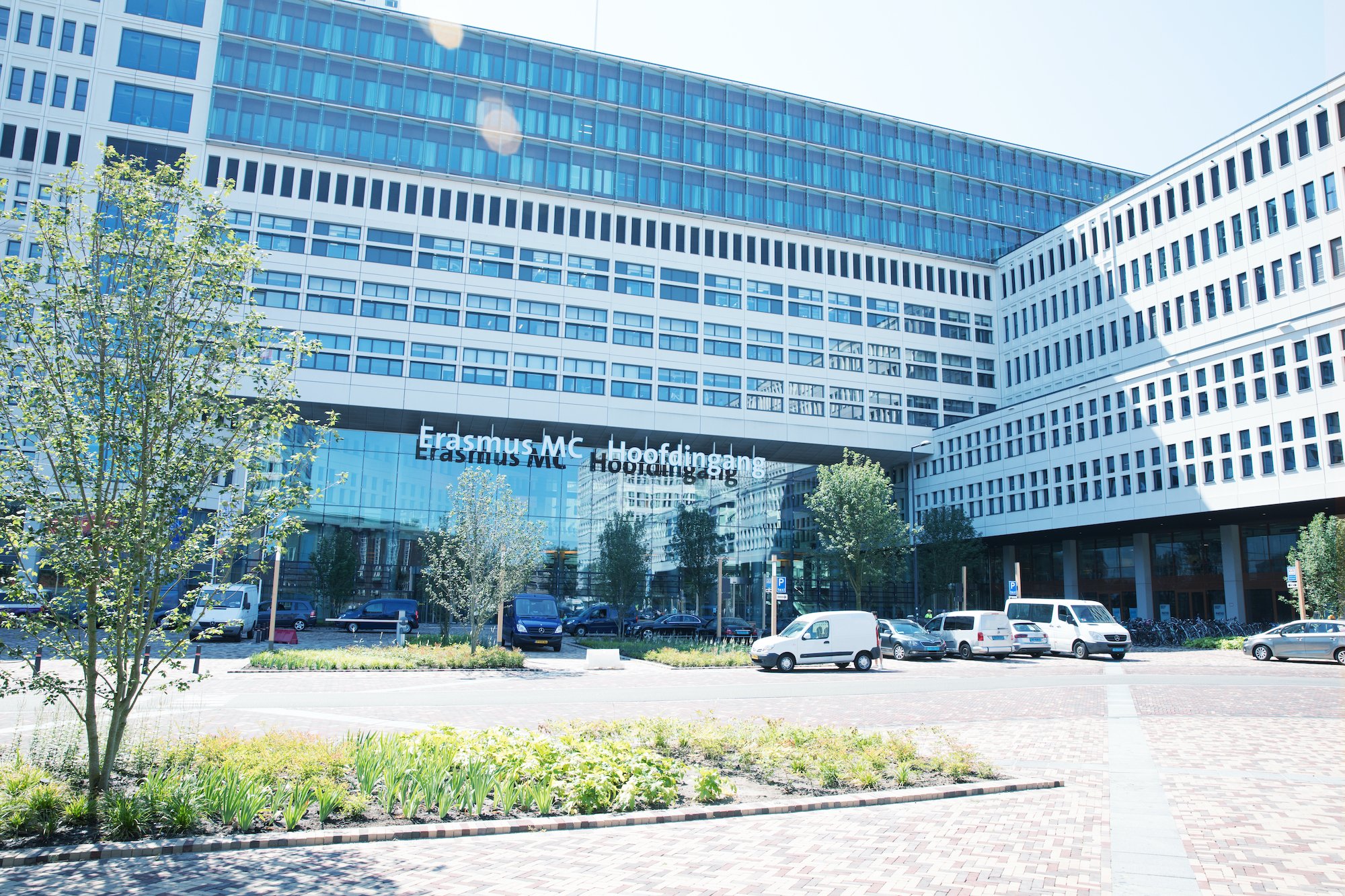Postdoc on "Tissue specific responses to DNA damage-induced transcription stress"
Postdoc on "Tissue specific responses to DNA damage-induced transcription stress"
You cannot apply for this job anymore (deadline was 8 Nov 2021).
Browse the current job offers or choose an item in the top navigation above.
Job description
Correct transcription by RNA polymerase II (Pol II) to generate RNA is crucial for proper cell function. However, transcription is continuously compromised by DNA damage. These transcription-blocking DNA lesions can cause cellular dysfunction and cell death, eventually resulting in DNA damage-induced aging and genome instability. Cells counteract these deleterious effects by transcription-coupled repair (TCR), which specifically removes TBLs thereby safeguarding transcription (Lans, Nature reviews Molecular Cell Biology, 2019). Our labs have identified several important factors in this repair pathway (Schwertman, Nature Genetics, 2012; Dinant, Molecular Cell, 2013; Tresini, Nature, 2015; Geijer Nature Cell Biology, 2021), uncovered that DNA damage-induced transcription-stress is an important cause of age-related diseases (Schumacher, Nature, 2021) and identify mechanisms that could counteract DNA-damage induced aging (Vermeij, Nature, 2016).
Specific cell types, including neurons, appeared more severely affected by TBLs compared to other tissues. However, surprisingly little is known about the tissue-specific responses (e.g. brain, muscle, liver) to DNA damage that blocks transcription. In this project we will study the effects of DNA damage on transcription and repair in different cell and tissue types using state-of-the-art live-cell imaging approaches in iPSC-based differentiation models and in mouse models. To do so, we have developed GFP-Pol II knock-in cells and a mouse model that expresses GFP-tagged Pol II at endogenous levels (Steurer, PNAS, 2018), which can be used as a sensitive imaging tool to study the cell-specific effects of DNA damage on transcription. Together this will result in detailed insight in the types of DNA damage that contribute to transcription-stress, the involved repair pathways, and additional transcriptional responses to DNA damage in different tissues which will lead to a better understanding of the underlying mechanisms of the aging process.
Specific cell types, including neurons, appeared more severely affected by TBLs compared to other tissues. However, surprisingly little is known about the tissue-specific responses (e.g. brain, muscle, liver) to DNA damage that blocks transcription. In this project we will study the effects of DNA damage on transcription and repair in different cell and tissue types using state-of-the-art live-cell imaging approaches in iPSC-based differentiation models and in mouse models. To do so, we have developed GFP-Pol II knock-in cells and a mouse model that expresses GFP-tagged Pol II at endogenous levels (Steurer, PNAS, 2018), which can be used as a sensitive imaging tool to study the cell-specific effects of DNA damage on transcription. Together this will result in detailed insight in the types of DNA damage that contribute to transcription-stress, the involved repair pathways, and additional transcriptional responses to DNA damage in different tissues which will lead to a better understanding of the underlying mechanisms of the aging process.
Specifications
- max. 36 hours per week
- €2911—€4615 per month
- Rotterdam View on Google Maps
Requirements
- We are looking for a highly motivated candidate with a PhD degree in a relevant discipline (e.g. Molecular/Cell biology, Biomedical Sciences, Molecular Sciences) and who is able to think independently but also functions well in an international team.
- The candidate needs to have strong intellectual and experimental skills, in addition to a solid background in cell biology.
- Experience with the basal transcription process, DNA damage response or with live cell imaging is an advantage but not essential.
- Furthermore, a strong command of (scientific) English in speech and writing is essential
Conditions of employment
This is a 3 year project.The initial contract will be for 1 year, which, if satisfactorily, will be extended with 2 additional years.The gross monthly salary amounts a maximum of € 4.615,- (scale 10), depending on your level of education and relevant experience and based on a full-time working week of 36 hours.The terms of employment are in accordance with the Collective Bargaining Agreement for University Medical Centers (CAO UMC).
Employer
Erasmus MC
The Department of Genetics has a long history and strong world-wide reputation in understanding the DNA damage responses at the molecular, cellular and physiological level. The department consists of a vibrant and international group of more than 80 researchers working on various aspects of DNA damage, DNA repair and other DNA damage related responses. This project will be a joint project between the labs of Prof. J. Marteijn, Prof. J. Hoeijmakers and Prof. W. Vermeulen,, in which we study the molecular mechanisms on how cells deal with DNA damage that interferes with transcription, using a multidisciplinary approach including molecular and cell biological and genomic and transcriptomic approaches.Our labs work in a highly collaborative manner with a strong focus on state-of-the-art live-cell imaging, genetic and proteomic tools. Our group acts internationally at the forefront of DNA damage and transcription stress and offers a dynamic, challenging, and cooperative research environment.
Specifications
- Postdoc
- Health
- max. 36 hours per week
- €2911—€4615 per month
- University graduate
- 42.03.21.TBW-P802838-1
:fill(white)/logos/emc-en-wide.png)
